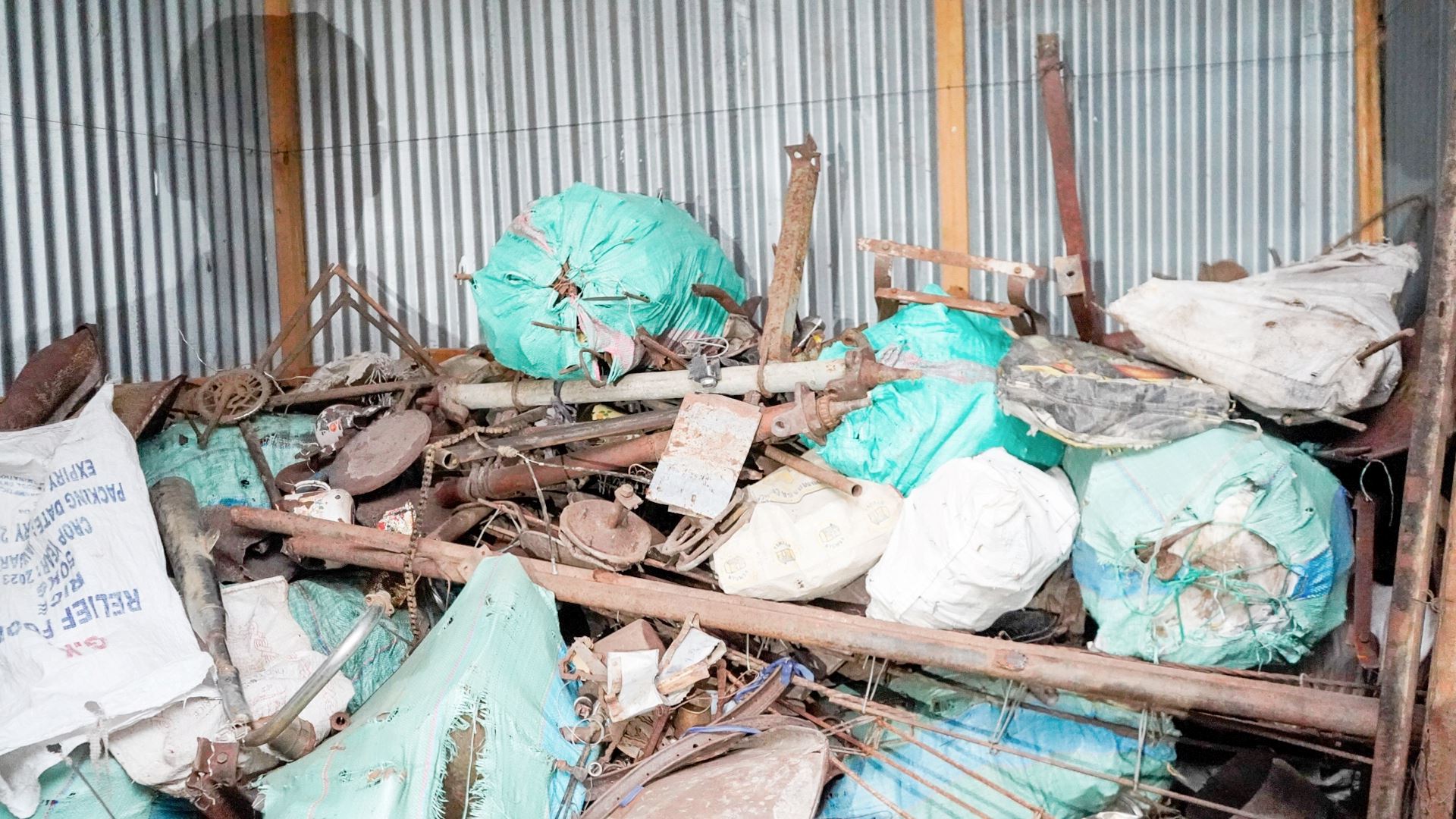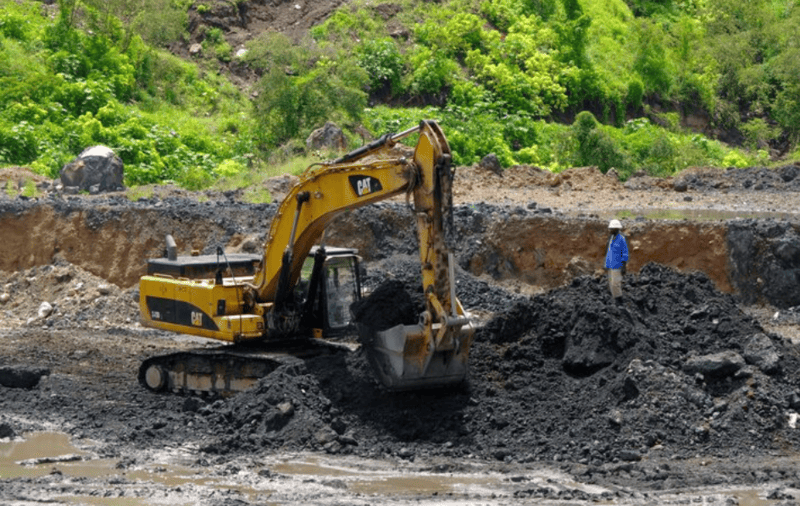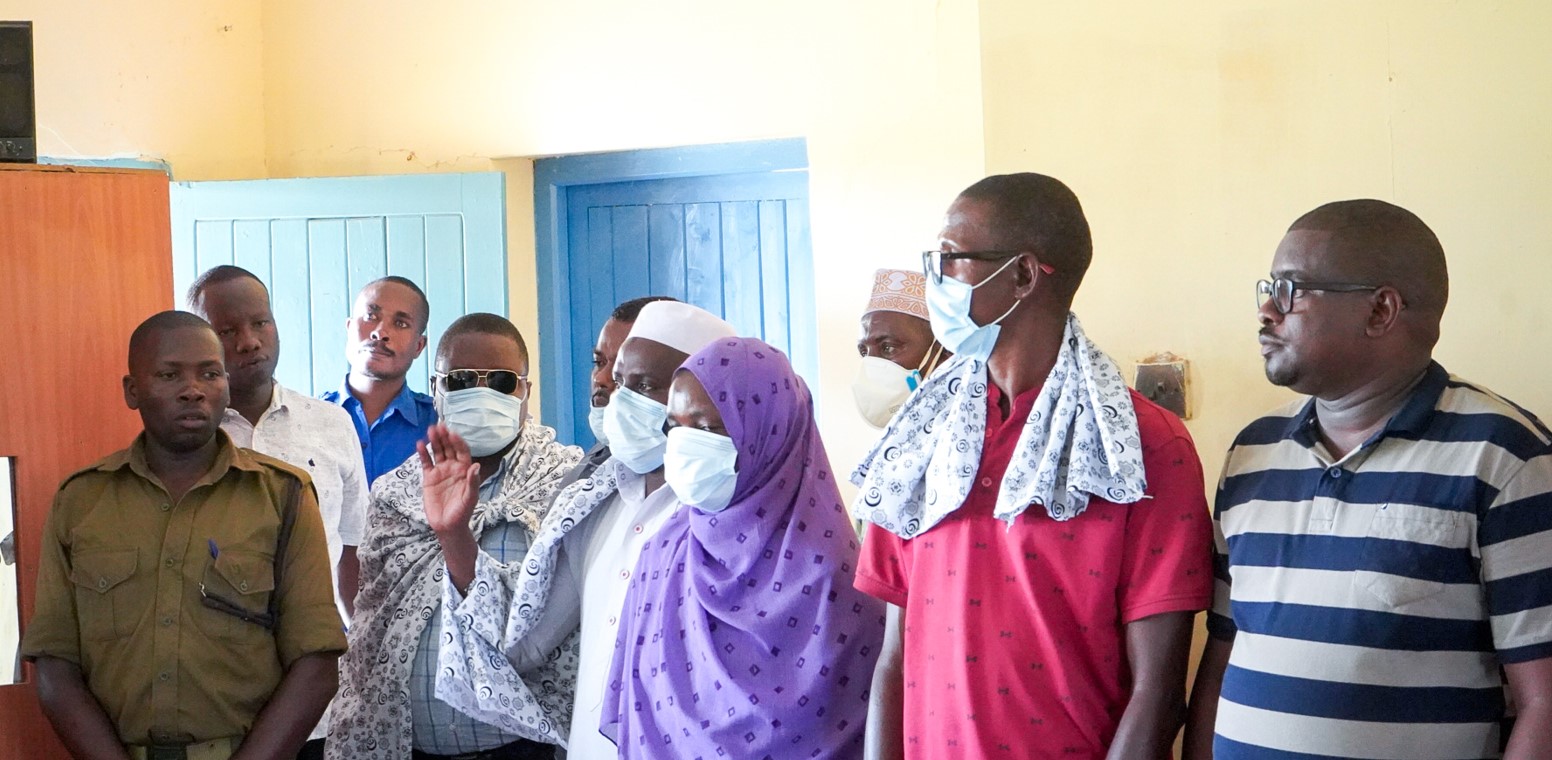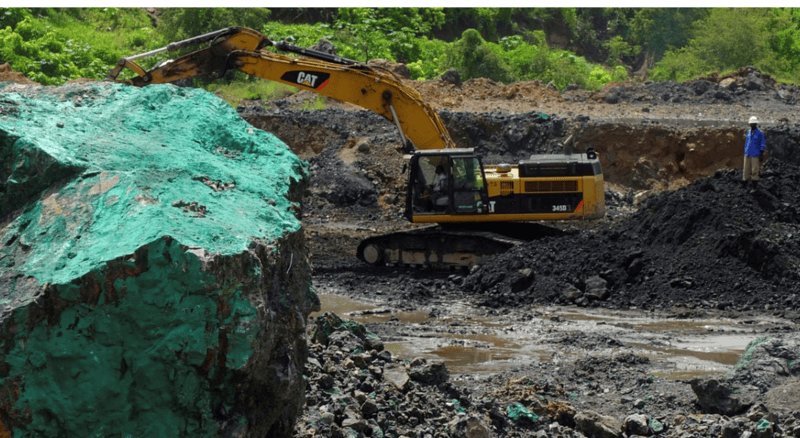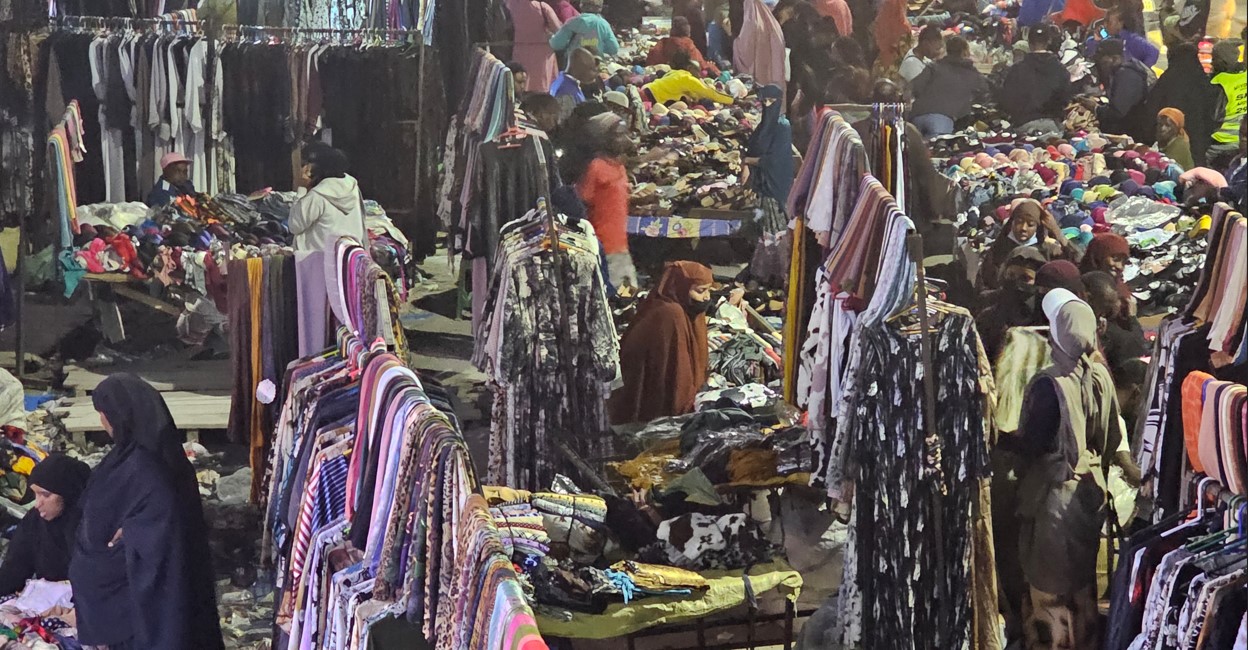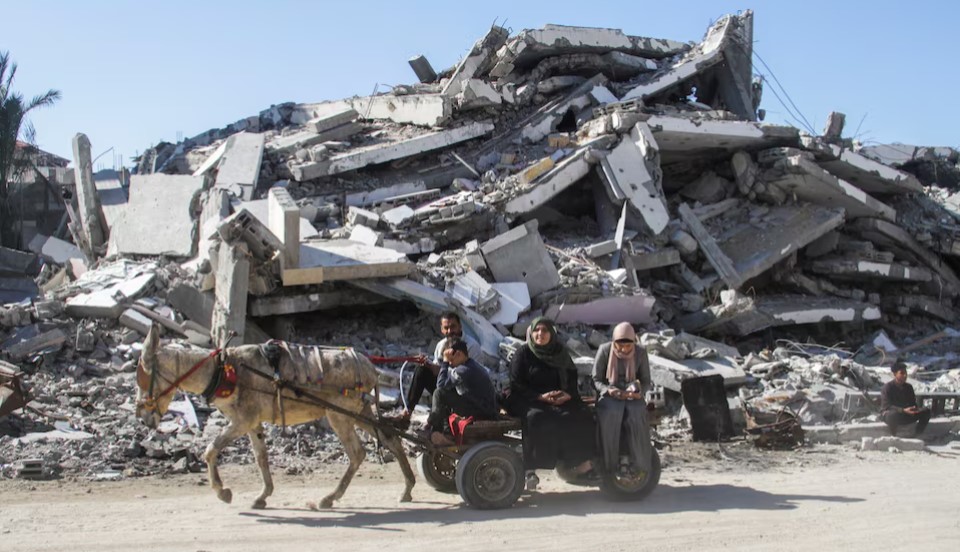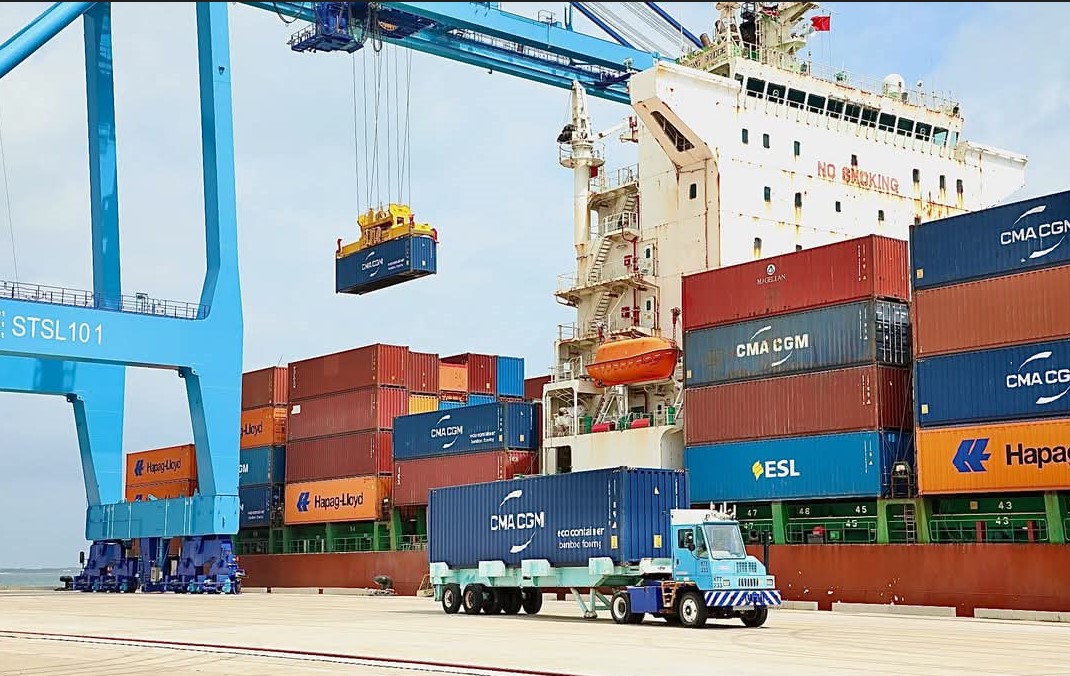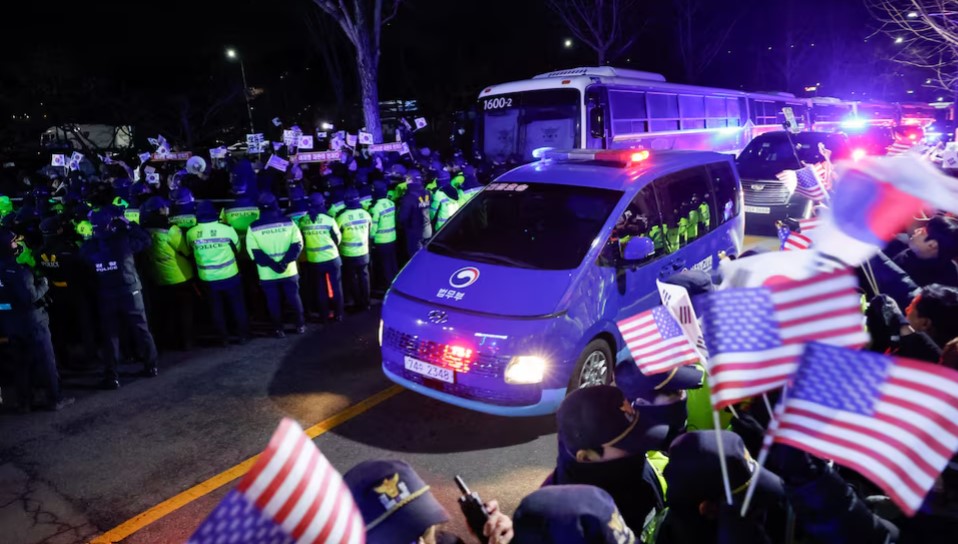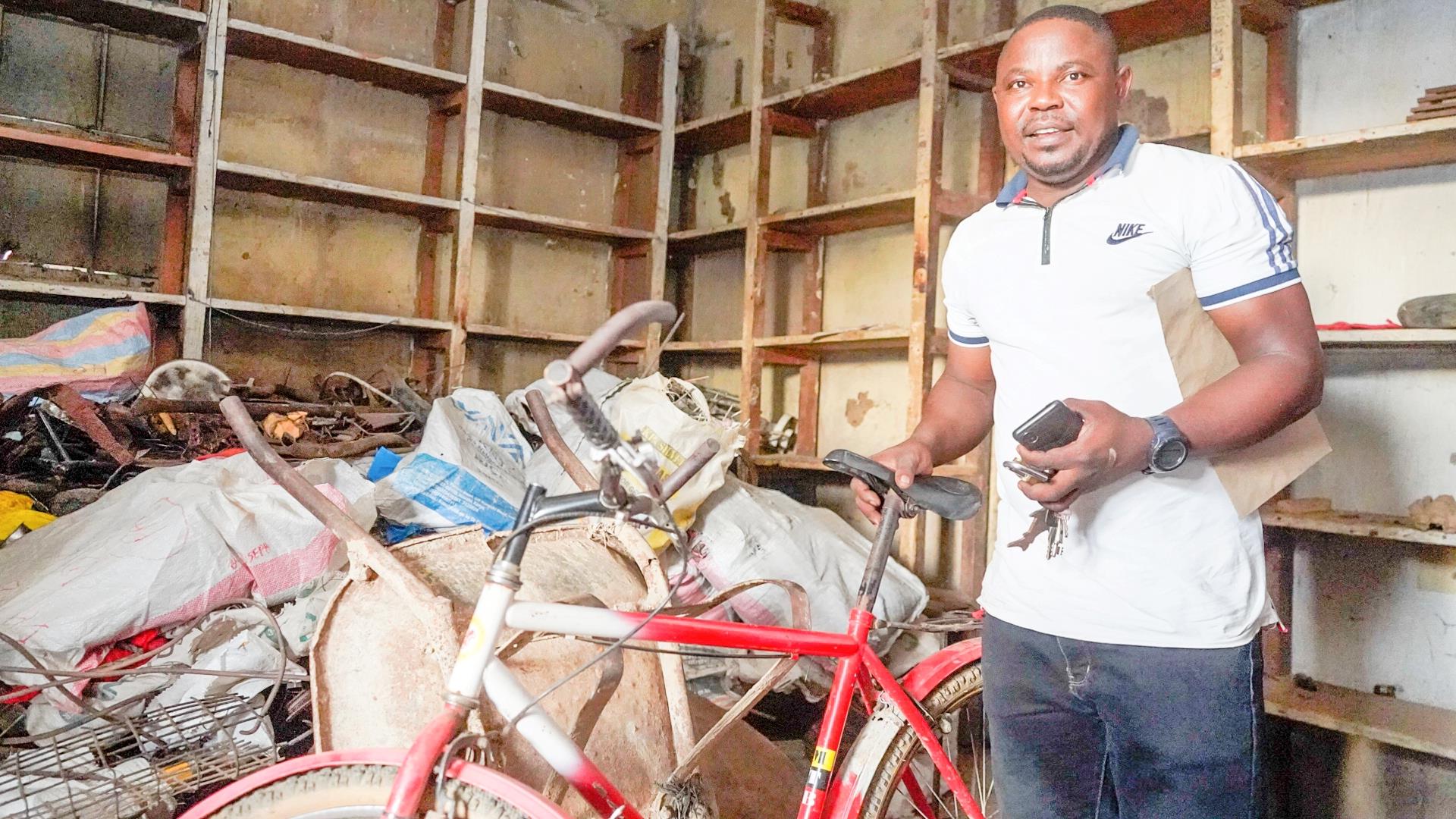2.8 million litres of illicit alcohol, 6,000kg of bhang seized since January
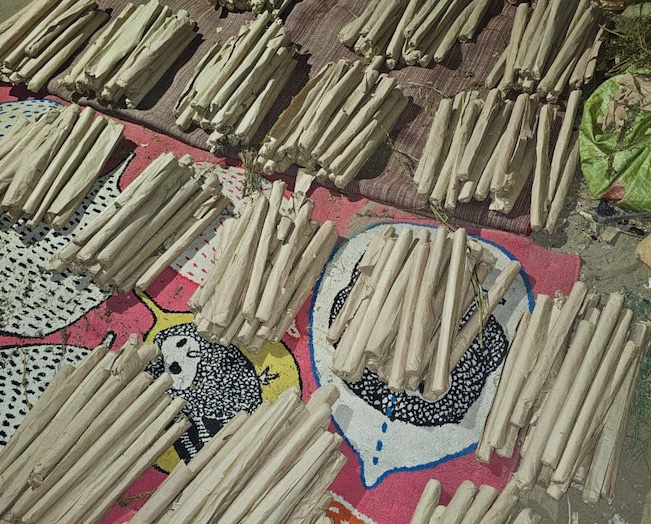
The drug dens have previously been cited as potential hubs for criminal activities with the users utilizing the sites for orchestration of illegal acts.
More than 2.8 million litres of illicit and counterfeit liquor and 6,000 kilogrammes of bhang have been seized, with close to 30,000 people arrested during the confiscation in the last six months, the Ministry of Interior and National Administration has announced.
The Ministry's National Administration Secretary, Beverly Opwora, said the seizure and arrests were a demonstration of the government's commitment to rid the country of drugs and illicit alcohol, which she said had ruined the lives of many Kenyans, especially the youth.
More To Read
"Besides posing a threat to the safety and security of Kenyans, alcohol and drug abuse also causes deaths due to consumption of adulterated alcohol, affects the productivity of the youth and fuels organised crime and violence," Opwora, who represented Principal Secretary Raymond Omollo at the launch of the NACADA 2023-2027 strategic plan, said.
The drug dens have previously been cited as potential hubs for criminal activities, with the users utilising the sites for the orchestration of illegal acts.
Nairobi, Central, Rift Valley, Nyanza and Western are the most affected regions by alcohol and Bhang is the most abused by the youth across the country. According to the Ministry, close to four million Kenyans need rehabilitation support due to addiction.
Opwora further cited drunk driving as one of the major causes of fatalities and serious injuries on Kenyan roads.
Road crashes claimed 1,554 lives between January and April this year, according to the National Transport and Safety Authority (NTSA), with March being the deadliest after recording 403 fatalities.
The official said President William Ruto's administration was keen on ending human smuggling and eliminating counterfeits, unregistered brands and illicit artisanal alcohol in the Kenyan market to protect current and future generations.
Top Stories Today
